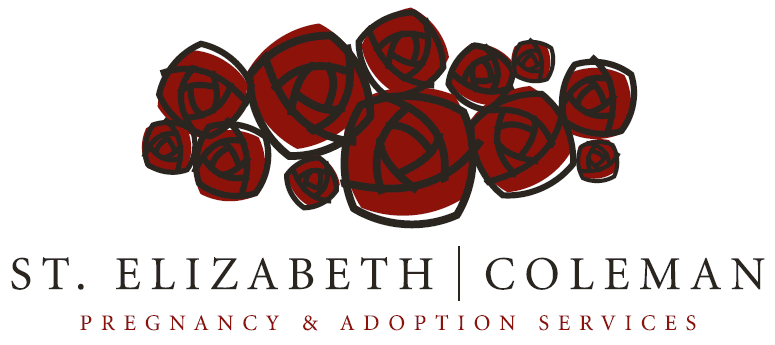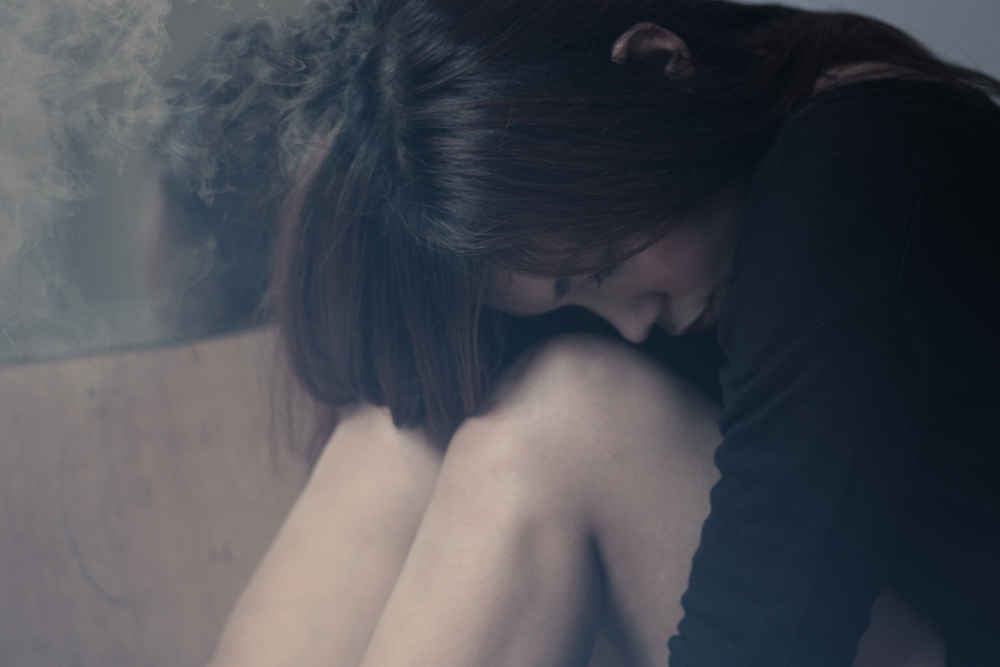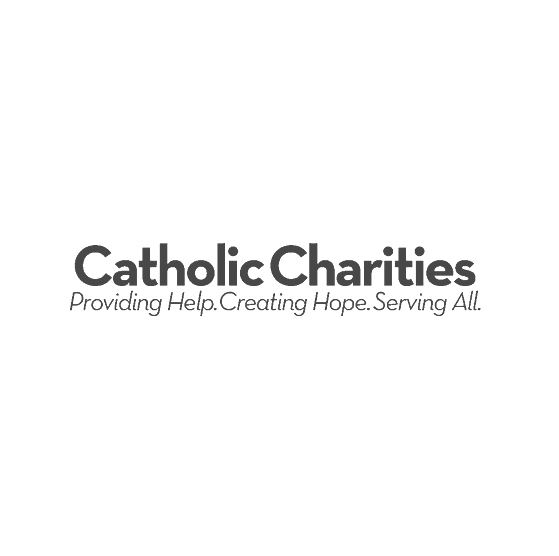Here are some resources for those who need them:
PPD in Adoptive Mothers
Post Partum Depression in Adoption
Postpartum Depression (PDD), is defined as “depression suffered by a mother following childbirth, typically arising from the combination of hormonal changes, psychological adjustment to motherhood, and fatigue.” PDD is most commonly associated with women who have birthed their children. However, Karen Foli of Purdue University is shedding some light on how it can affect adoptive parents as well. This has be termed post adoption depression (PAD) (1).
PDD and PAD are virtually one in the same, and have almost identical symptoms. PAD symptoms include the following:
• Fatigue
• Lack of sleep/Excessive sleep
• Sadness/Depressed mood
• Decreased interest/pleasure in activities
• Anger/Agitation
• Numbness
• Lack focus/Unable to multi-task
• Imagining worst case scenarios and planning responses
• Insomnia
• Obsessions/Compulsions
• Physical symptoms (i.e. headaches, nausea, etc.)
In her book, The Post-Adoption Blues: Overcoming the Unforeseen Challenges of Adoption, Foli addresses reasons why adoptive parents may experience PAD. Including:
• Feel they don’t deserve as much help
• Try to be super parents
• Difficulty bonding with child
• Unmet/Unrealistic ideas for adoption
• Find parenthood harder/scarier than previously believed
Often times, adoptive parents do not speak of their feelings because they feel ashamed and embarrassed. Some believe that because they did not carry the child, they should not be allowed to feel depressed. There are stigmas attached to adoption that can sometimes limit the approval/help of other family members. Adoptive mothers sometimes feel they don’t deserve help from the family or maternity leave. These things can prevent an adoptive parent from confronting their problem, and can help in creating a problem.
If you feel you are suffering from PAD or PDD you are not alone. An estimated 18% – 26% of adoptive mothers have suffered from PAD (2) and an estimated 10-15% of women suffer from PDD after giving birth (1). It is important you seek help of some type. Do not be ashamed of your feelings, and do not be afraid to reach out to loved ones for help. On the left there are some resources for those experiencing PAD/PDD .







